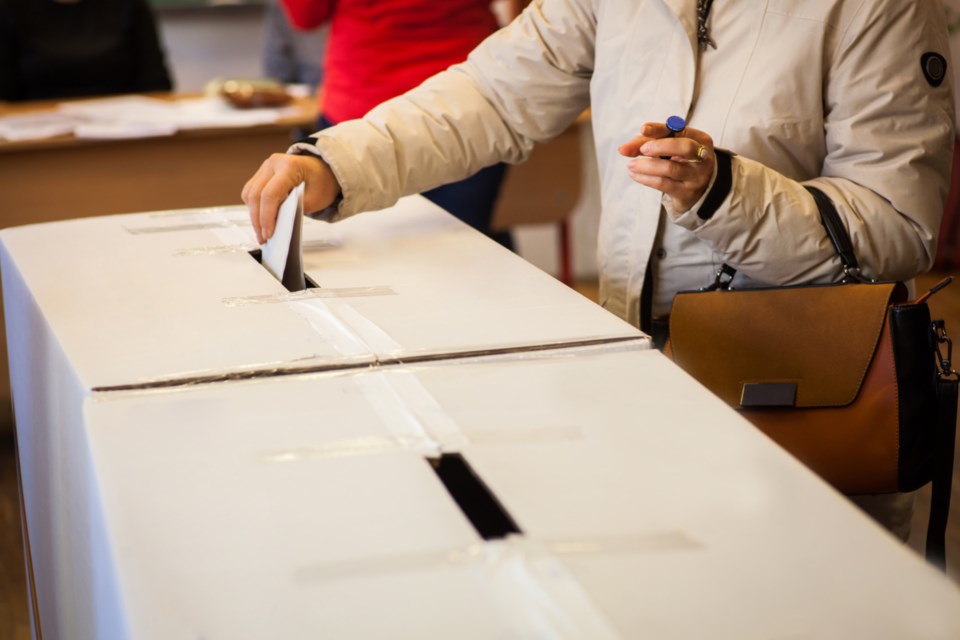GuelphToday received the following letter to the editor from Cameron Shelley on absentee voting in the City of Guelph:
The City of Guelph is soon to consider its options for absentee voting, that is, voting outside of official polling stations. The two main options are mail-in and online.
Mail-in and online voting are similar in the sense that both help to enfranchise voters for whom visits to polling stations are not suitable. However, they are different in other crucial respects, such as the assurances they give regarding the accuracy of the vote counting process.
Consider the outcome of the 2020 US federal election, in which tens of millions of Americans voted by mail. Use of mail-in ballots was attacked by President Trump and his supporters with allegations of, among other things, manipulation of ballot counting. These allegations were dismissed in court due to lack of evidence: The counting of ballots was open to scrutineers from all parties, and ballots were securely stored so that they could be reviewed in recounts to check the accuracy of initial results.
Since the process was transparent and no significant problems were observed, the results stood.
Imagine if Americans had voted using online systems such as those being considered by the City of Guelph. This online voting takes place using proprietary software, meaning that it occurs in a black box accessible only to its owners. Once voters interact with ballots that appear on their computer or smartphone screens, those ballots disappear and are not available in case the accuracy of their interpretation is questioned.
Without physical ballots for records, there is no way to assure judges or the general public that online votes were interpreted correctly or counted accurately. There are no legal standards in Canada describing what would constitute an acceptably secure or accurate online voting system.
In the event of legal challenges, the legitimacy of the election itself would enter an unprecedented no-man’s land. One can only guess at what the American electoral scene would look like today had online voting been adopted in the 2020 election.
Mail-in voting is not without flaws but it is transparent and has proven to deliver accurate results. I strongly urge the Guelph City Council to reject online voting and spare itself, its staff, and its citizens the unknown and unnecessary jeopardy that comes with it.
Cameron Shelley, Guelph



